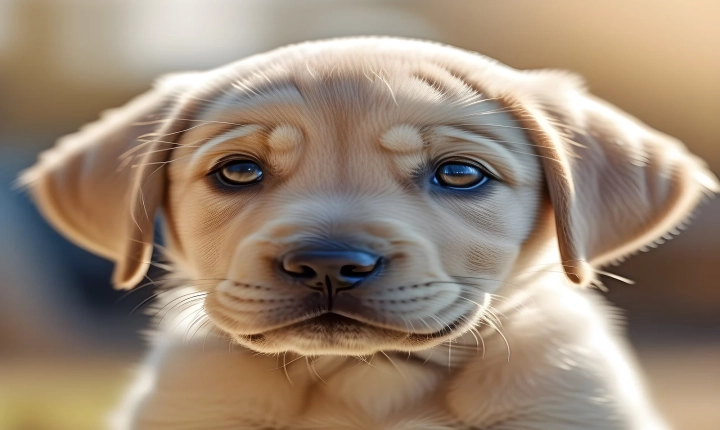Can AI Work Be Copyrighted?
As advancements in artificial intelligence (AI) continue to push the boundaries of innovation, the question of whether AI work can be copyrighted has become increasingly relevant. The intersection of AI and copyright law raises important legal and ethical considerations that warrant exploration.
First and foremost, it’s critical to understand the nature of AI-generated work. AI algorithms can autonomously generate a wide range of creative works, from music compositions and visual art to written content and software code. In many cases, these works are developed without direct human intervention, raising questions about the ownership and protection of such creations.
In the context of copyright law, the central issue is whether AI-generated works qualify for copyright protection. At present, most copyright laws around the world are built on the premise that copyright is granted to human creators. However, as AI technology continues to evolve, the traditional understanding of copyright ownership is being challenged.
One key consideration is the level of human input involved in the creation of AI-generated works. If a human merely initiates the AI algorithm or provides minimal input, should they be considered the author of the resulting work, or does the AI itself deserve recognition as the creator? This question becomes even more complex when the AI is capable of learning and evolving independently over time, blurring the line between human and machine authorship.
In some jurisdictions, efforts are being made to address these complexities. For example, the European Union’s Intellectual Property Office has examined the question of AI-generated works and proposed that such works should be eligible for copyright protection if they meet the criterion of originality, regardless of the lack of human authorship.
However, other legal systems have yet to explicitly address this issue, leaving a significant gap in protection for AI-generated works. Without clear guidelines on copyright for AI creations, there is a risk that valuable innovative outputs could be left unprotected, potentially hindering investment and further development in the AI sector.
Furthermore, the ethical implications of AI-generated copyright raise additional concerns. If AI-generated works are eligible for copyright protection, who would be entitled to the proceeds and recognition derived from these works? Should there be restrictions on the commercialization of AI-generated content, particularly if the AI itself cannot benefit from financial gain or artistic recognition?
Additionally, questions of transparency and accountability arise when considering the potential for misuse or abuse of AI-generated copyright. Without clear attribution and ownership standards, there is a risk of intellectual property disputes and unauthorized use of AI works, which could undermine the integrity of the copyright system.
As the conversation around AI-generated copyright continues, it is essential for lawmakers, technologists, and legal experts to collaborate in establishing clear and equitable guidelines. Balancing the interests of human creators, AI developers, and the public at large is crucial for fostering a copyright framework that accommodates the evolving landscape of AI innovation.
In conclusion, the question of whether AI work can be copyrighted raises complex legal and ethical challenges that demand careful consideration. As AI technology continues to transform the creative landscape, it is increasingly important to establish clear and inclusive copyright regulations that reflect the evolving nature of creative authorship in the digital age. Addressing these issues will be essential in unlocking the full potential of AI while safeguarding the rights and interests of all stakeholders involved.
